 Seth Tepfer
Seth Tepfer
Seth Tepfer (Decatur, GA) first started Scottish country dancing in 1987. Ballroom dancing led to Cajun dancing, which led to contra dancing. From there, Seth started helping run dance events and, in 1997, started contra dance calling.
In the years since, Seth has organized dance weekends (What the Hey, Butterfly Whirl, Atlanta Dance Weekend) and dance weeks (Florida Rhapsody (1997-2001), Bonaire Dance and Dive (2005), Terpsichore’s Dance Holiday (2015-2019), and Rhapsody Adventure in Paxos, Greece (2025). Seth has called dance weekends and dance events across the United States and in Bonaire, Canada, England, Denmark, France, Germany, and Greece.
Seth is passionate about teaching dance leadership. He has taught contra, square, English, and community calling intensives. His website is a valued resource for essays, choreography collections, and thoughts about dance calling.
Seth loves sharing the joy of dance for people who have never danced before, for experienced contra, English, or square dancers. He is excited to work with other leaders to promote dance, music, and song.
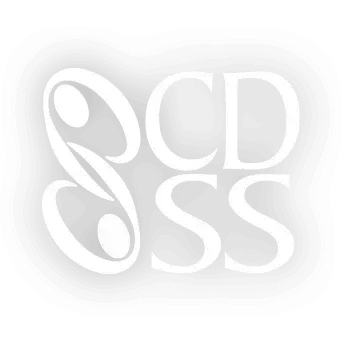
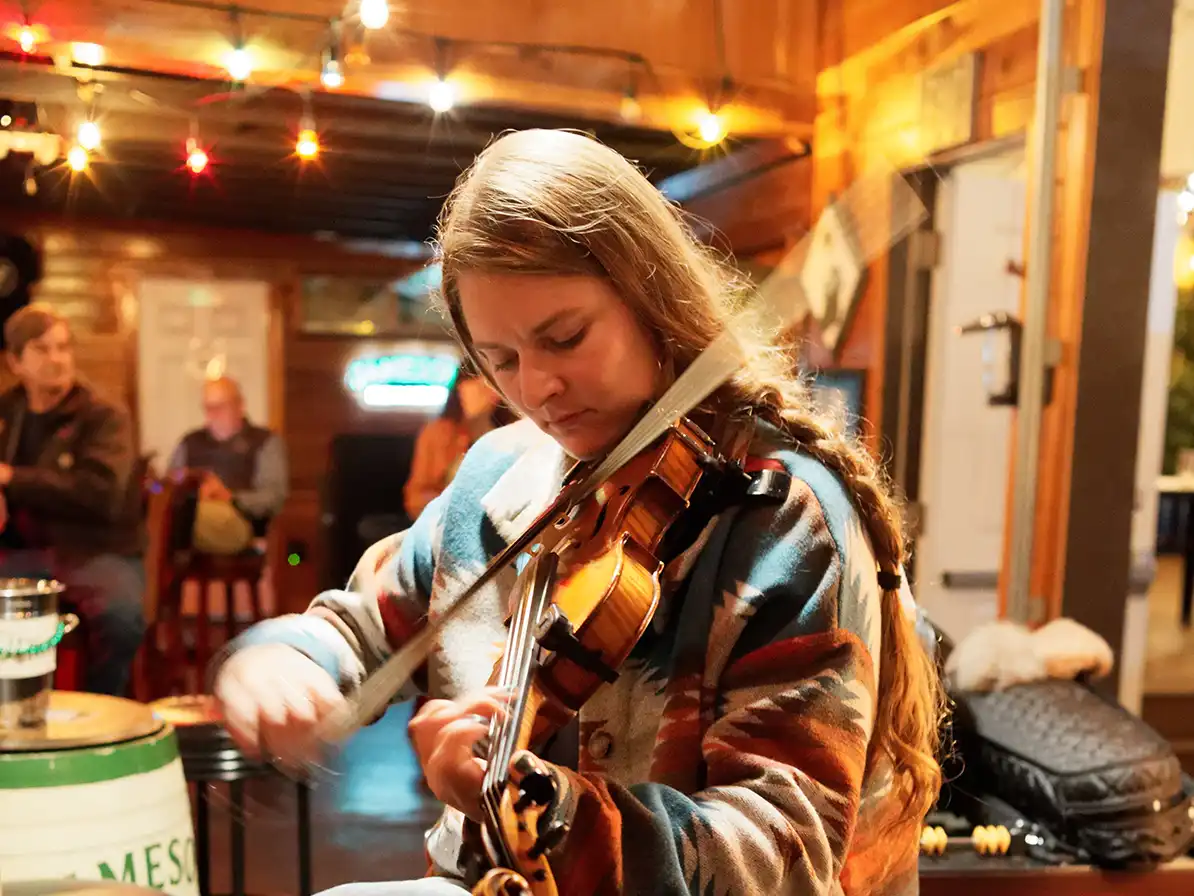
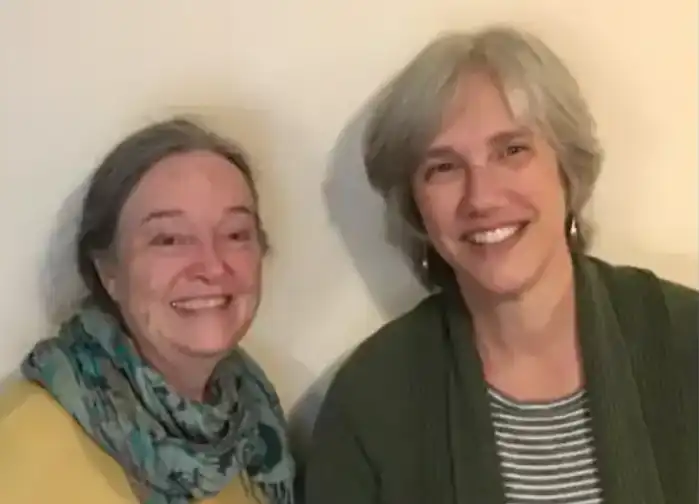
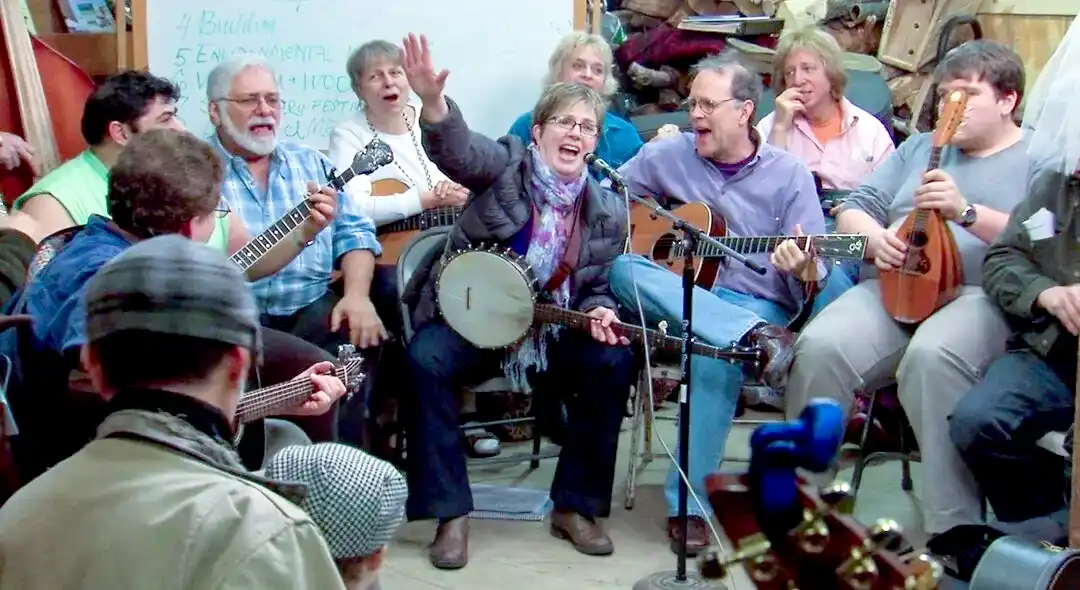

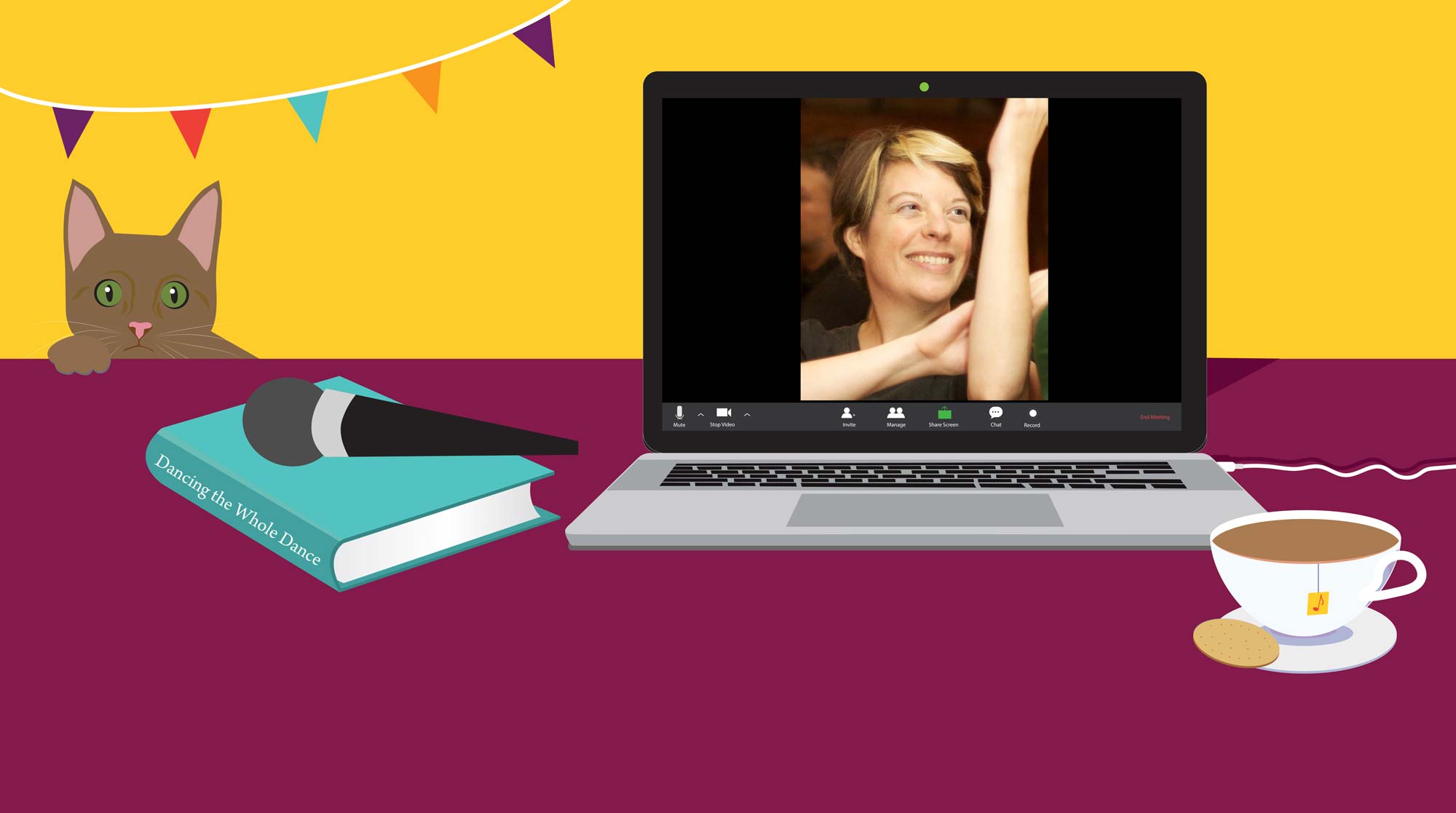
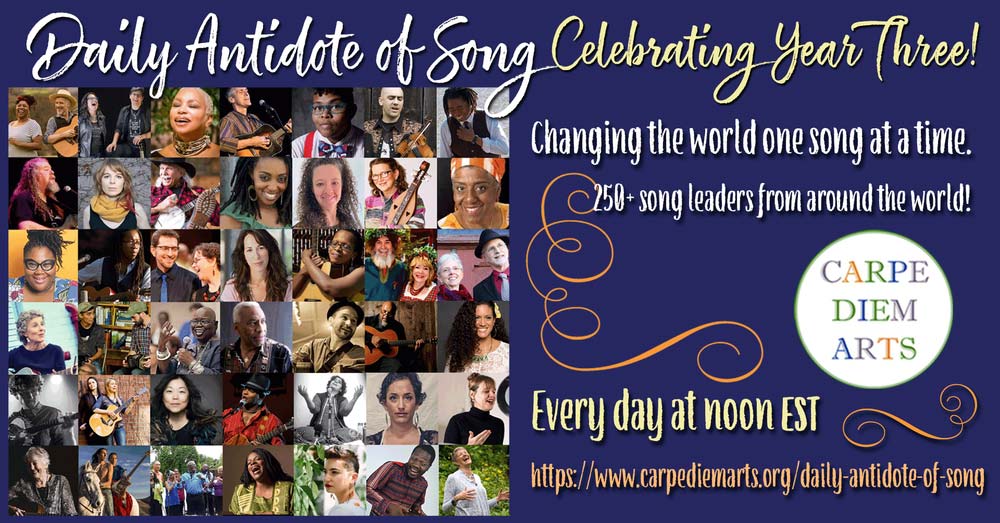
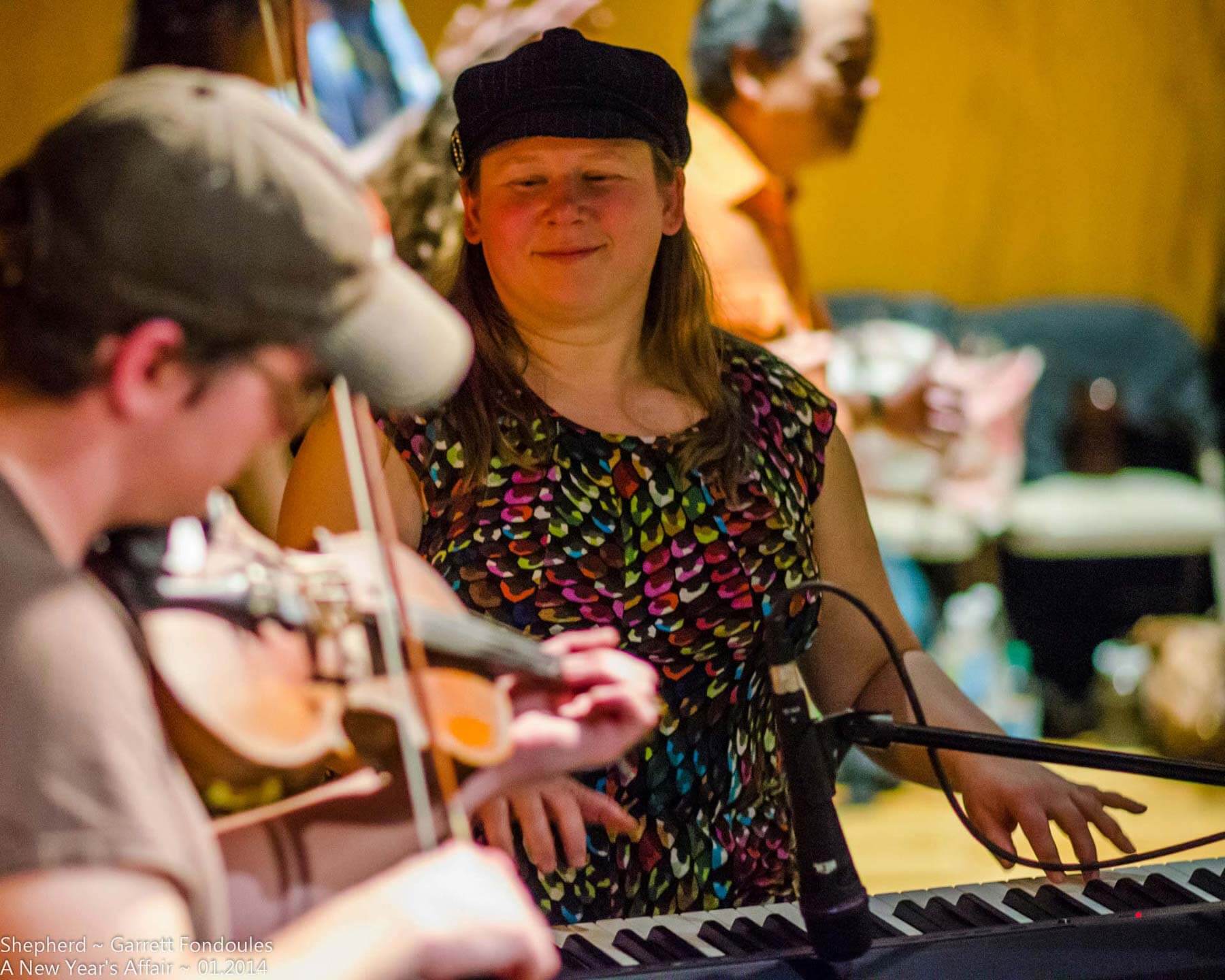
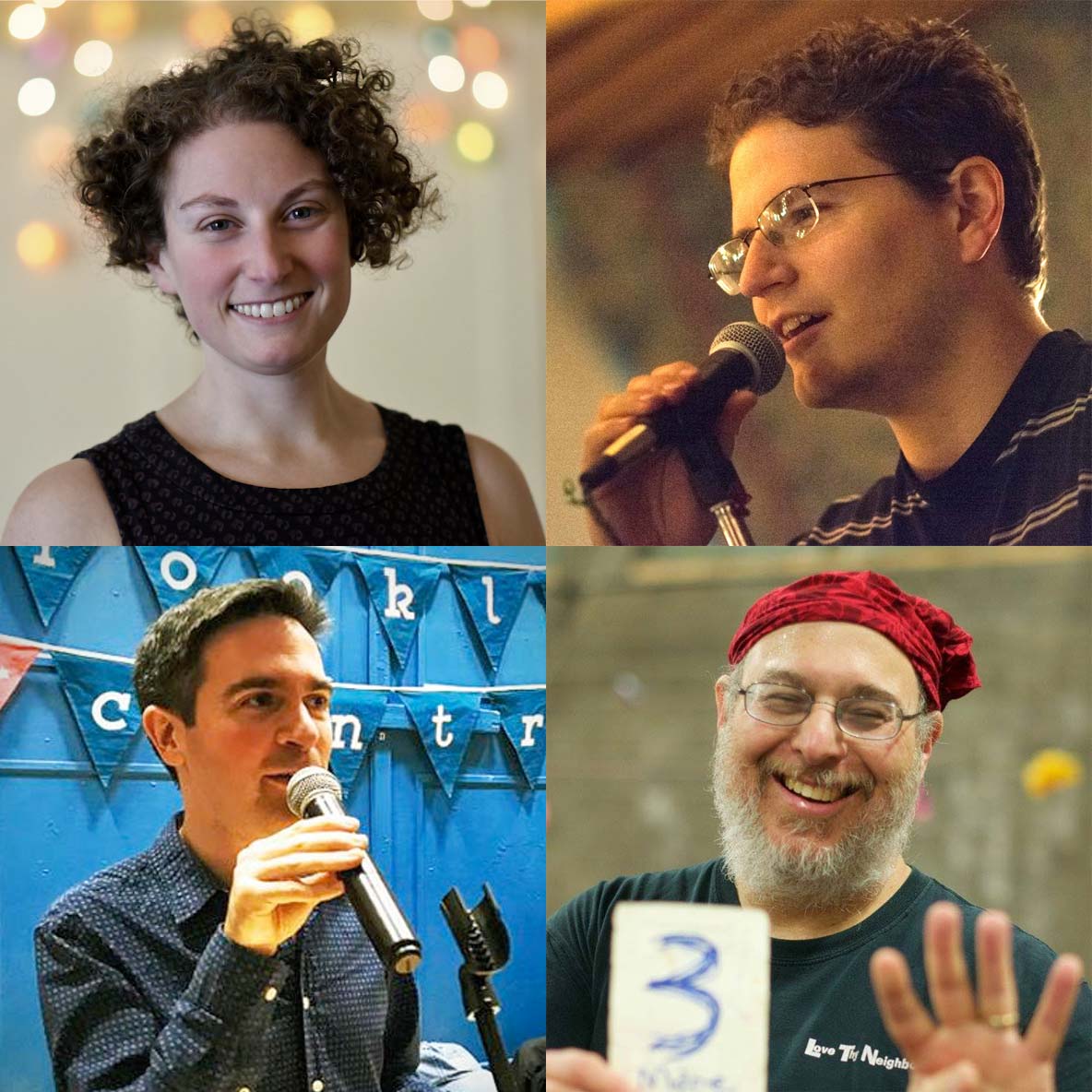
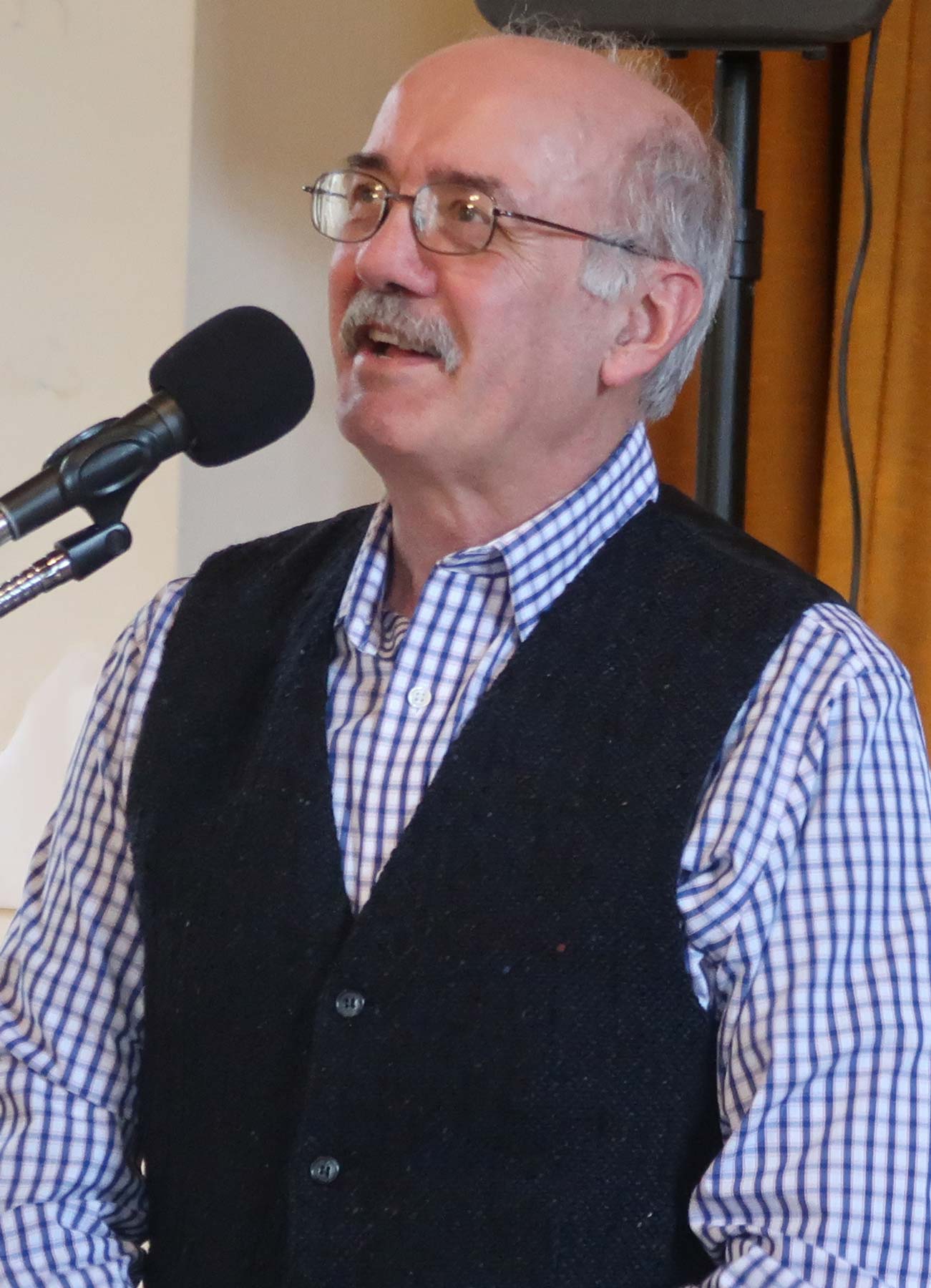
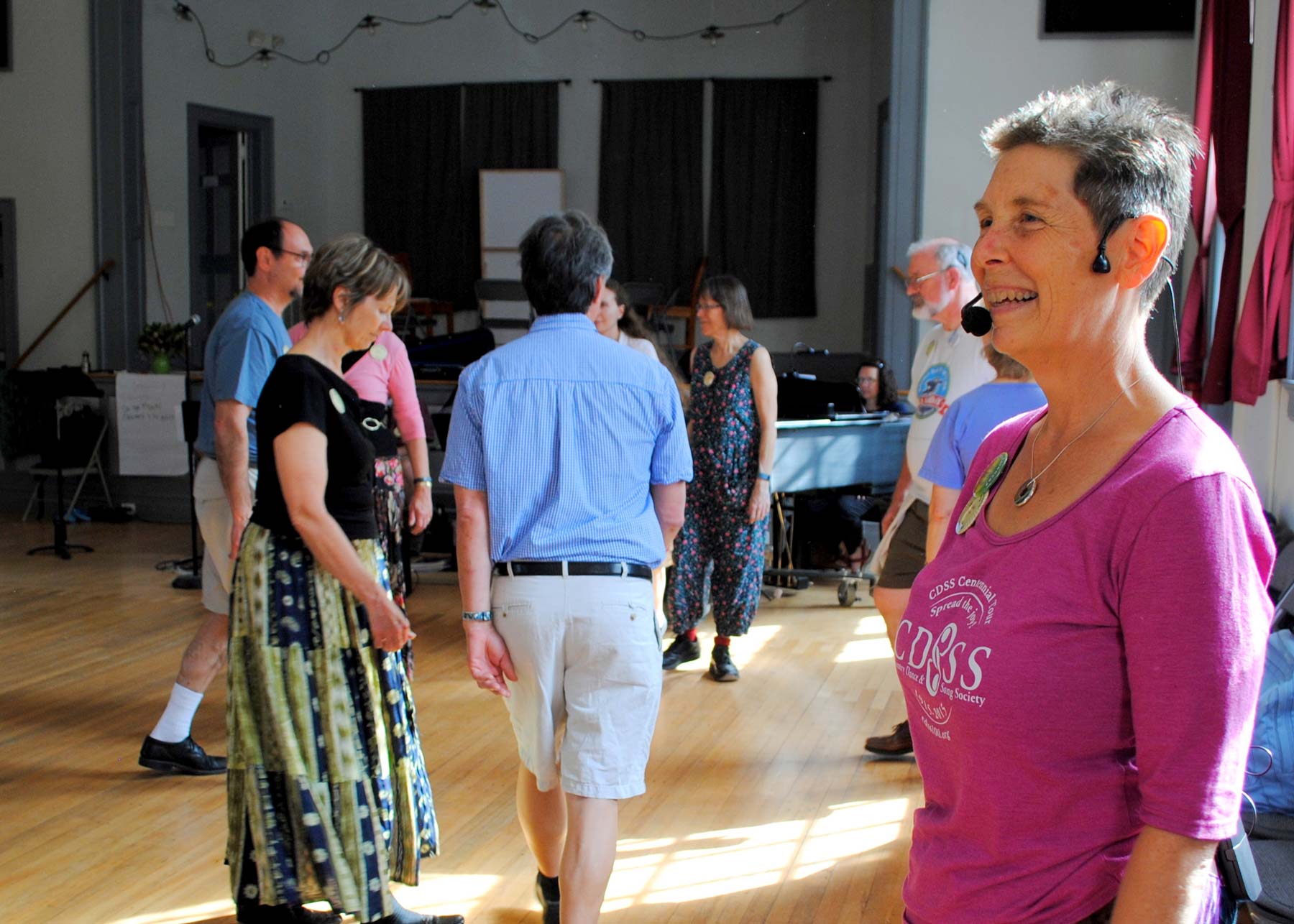
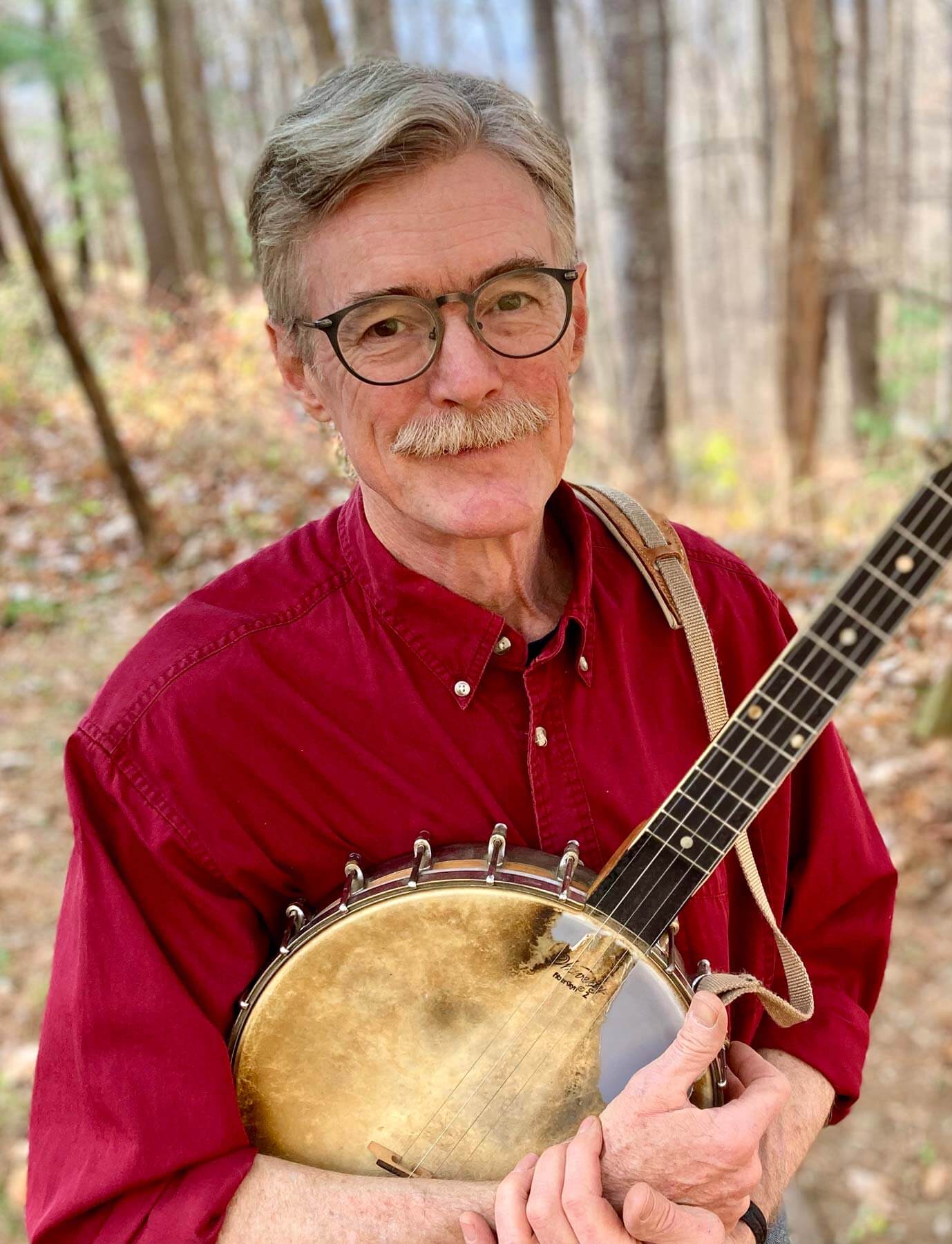
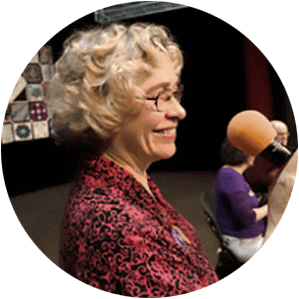
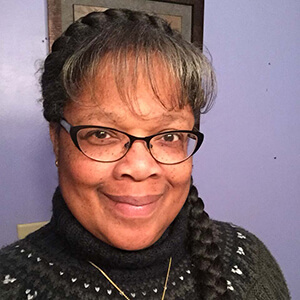
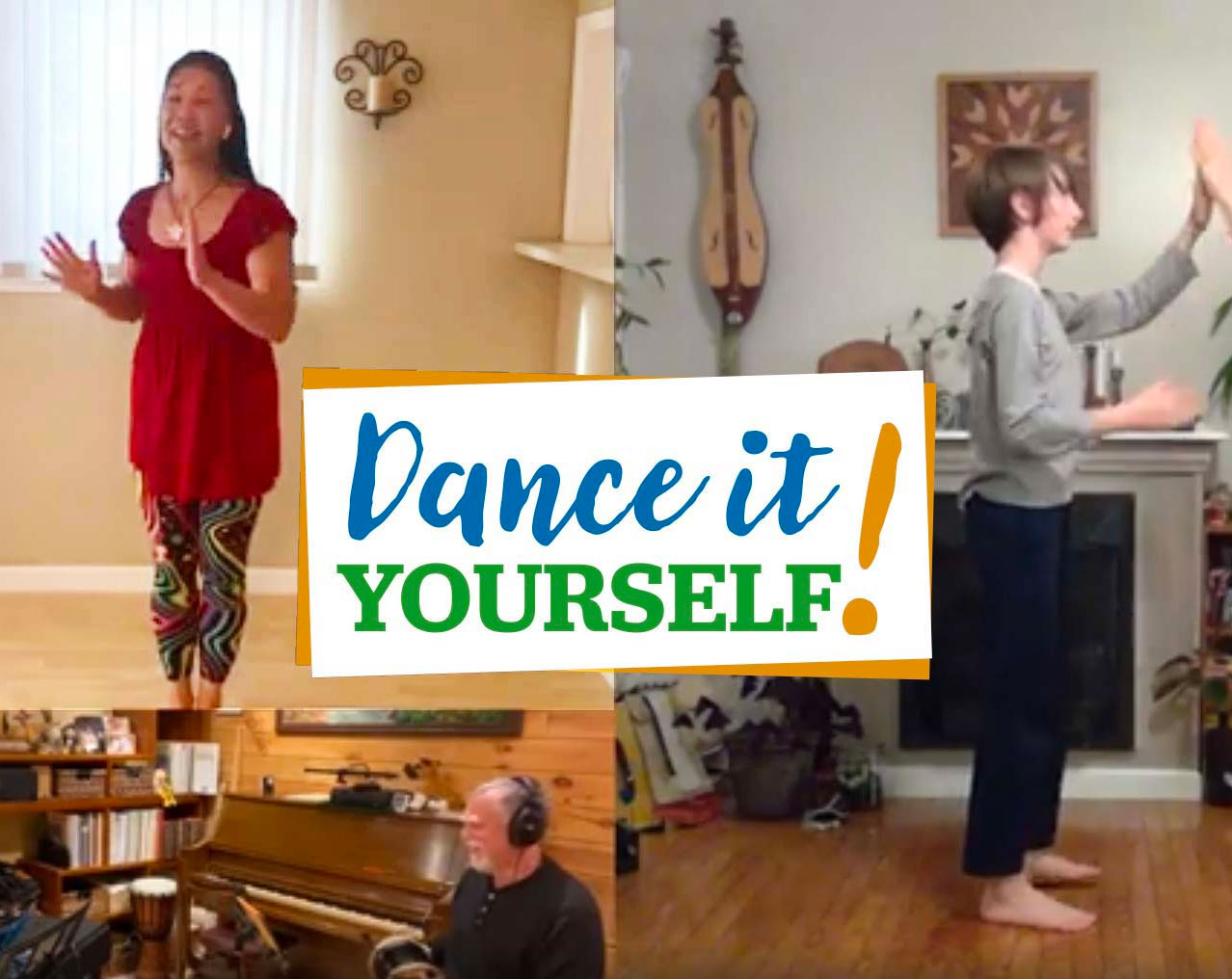
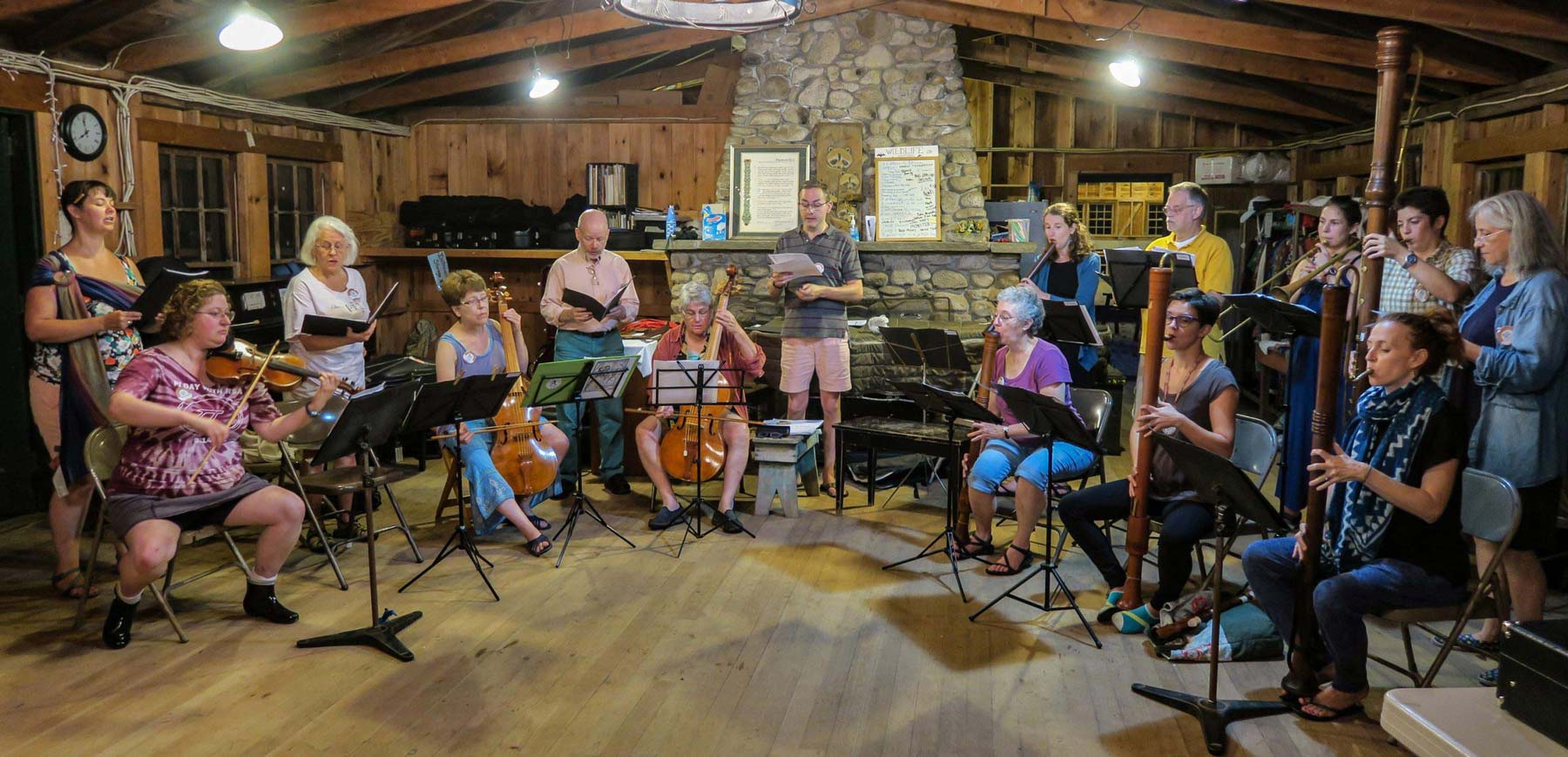
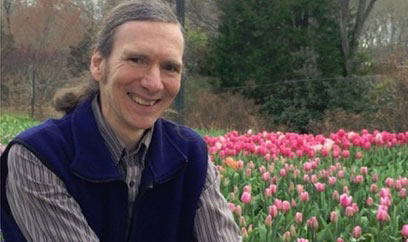
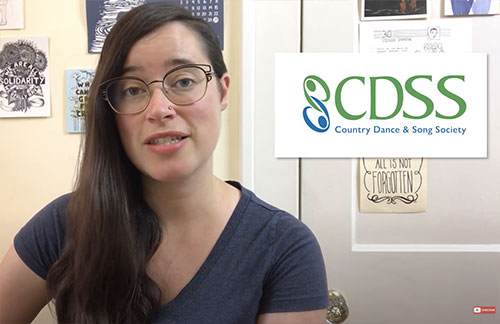
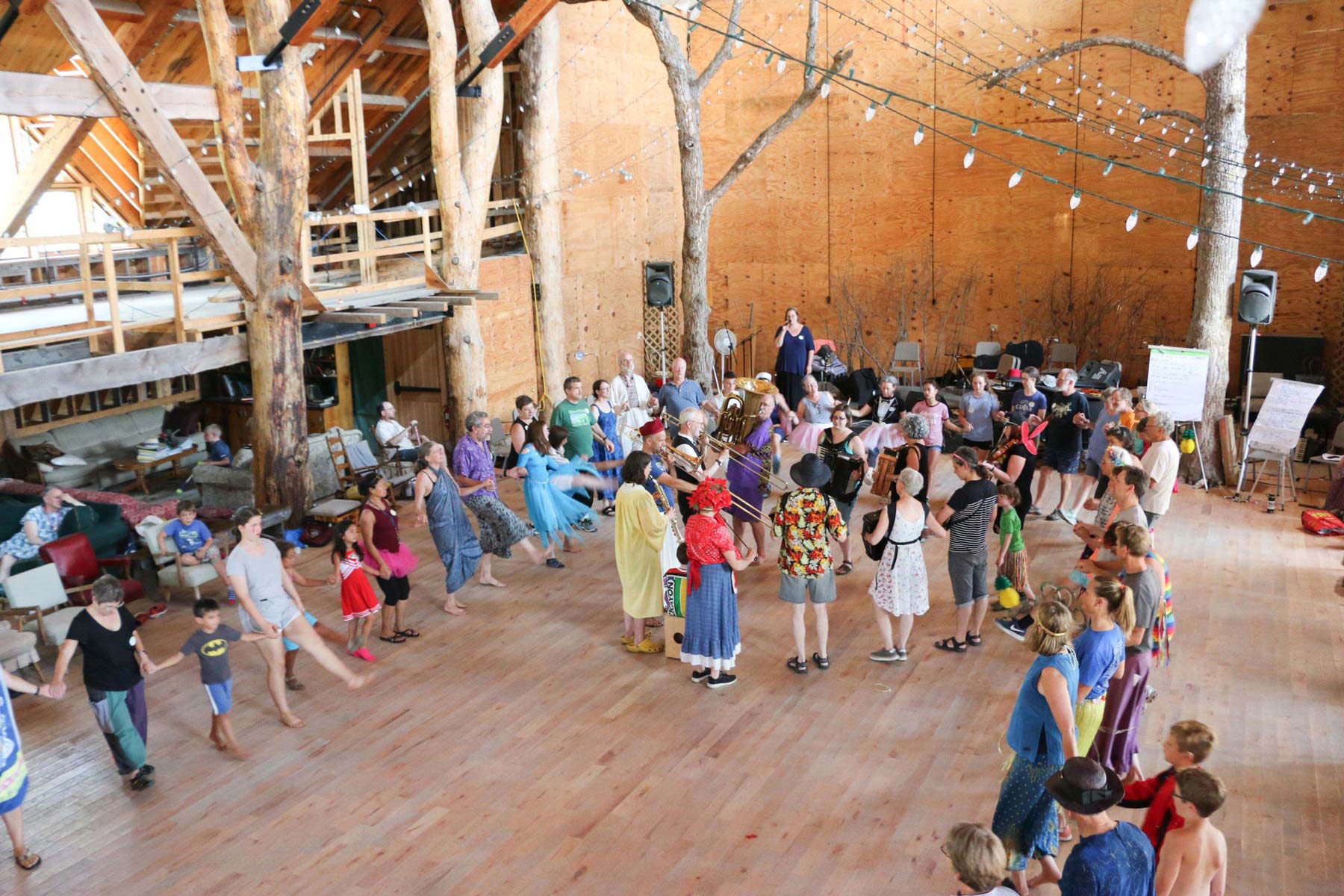
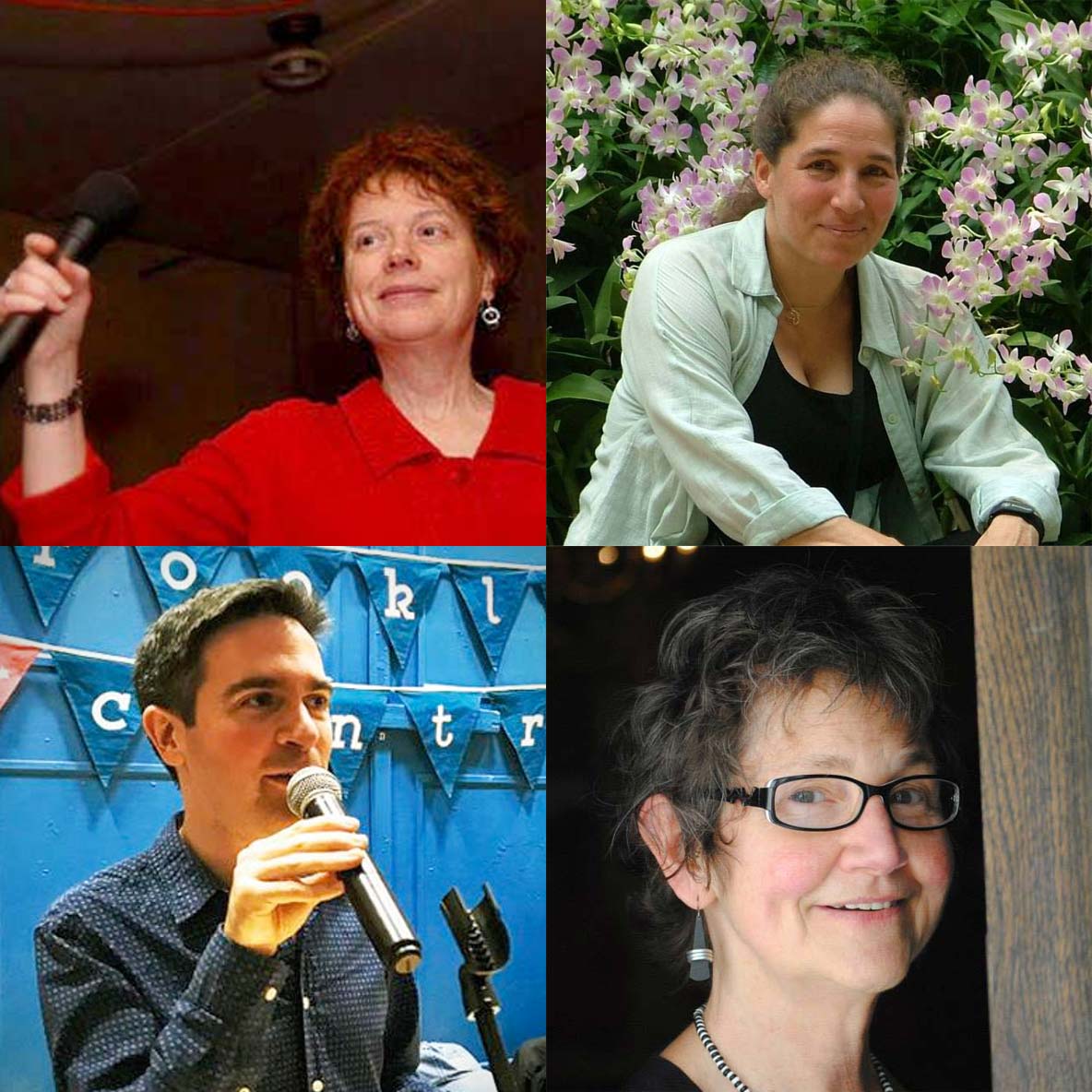
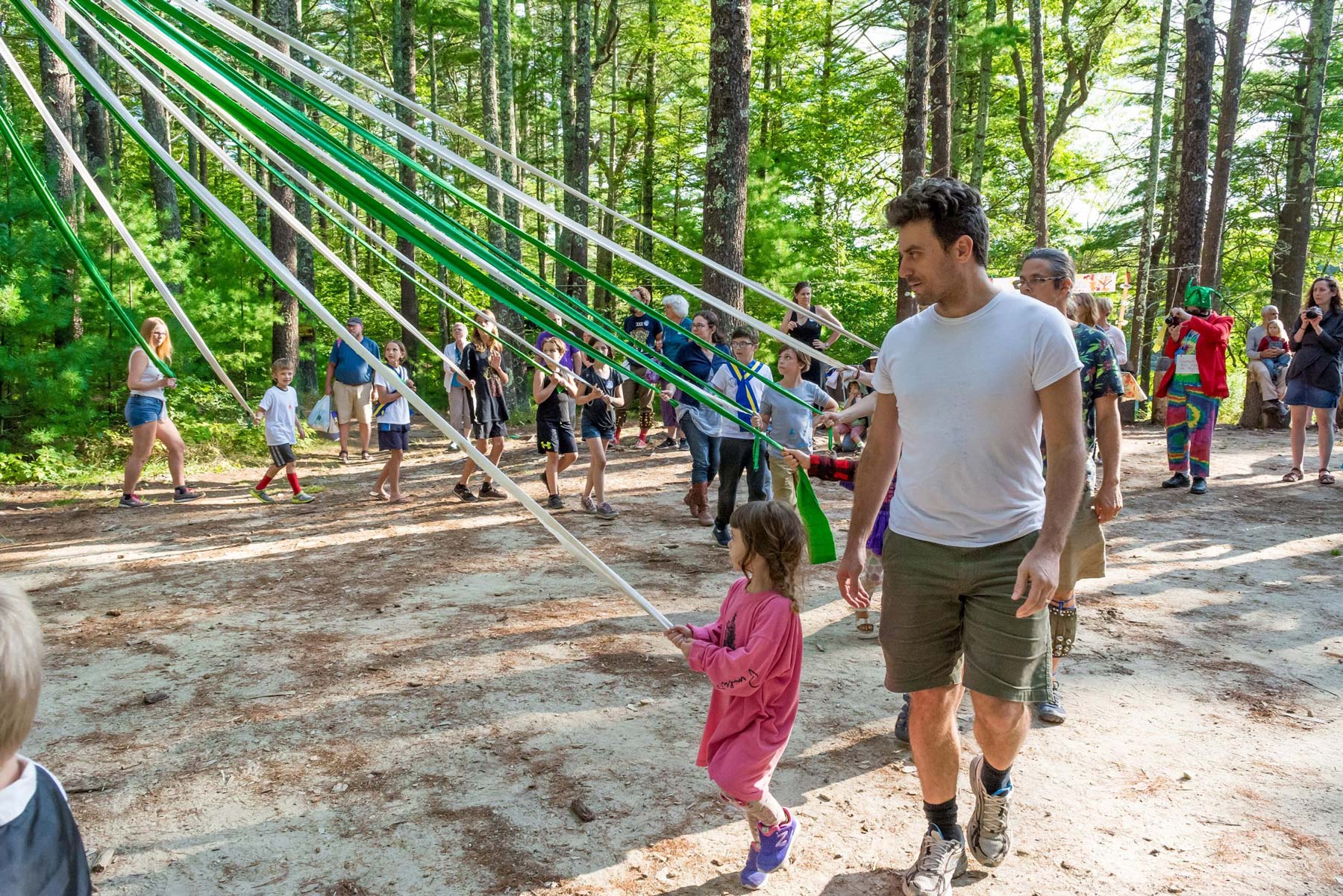
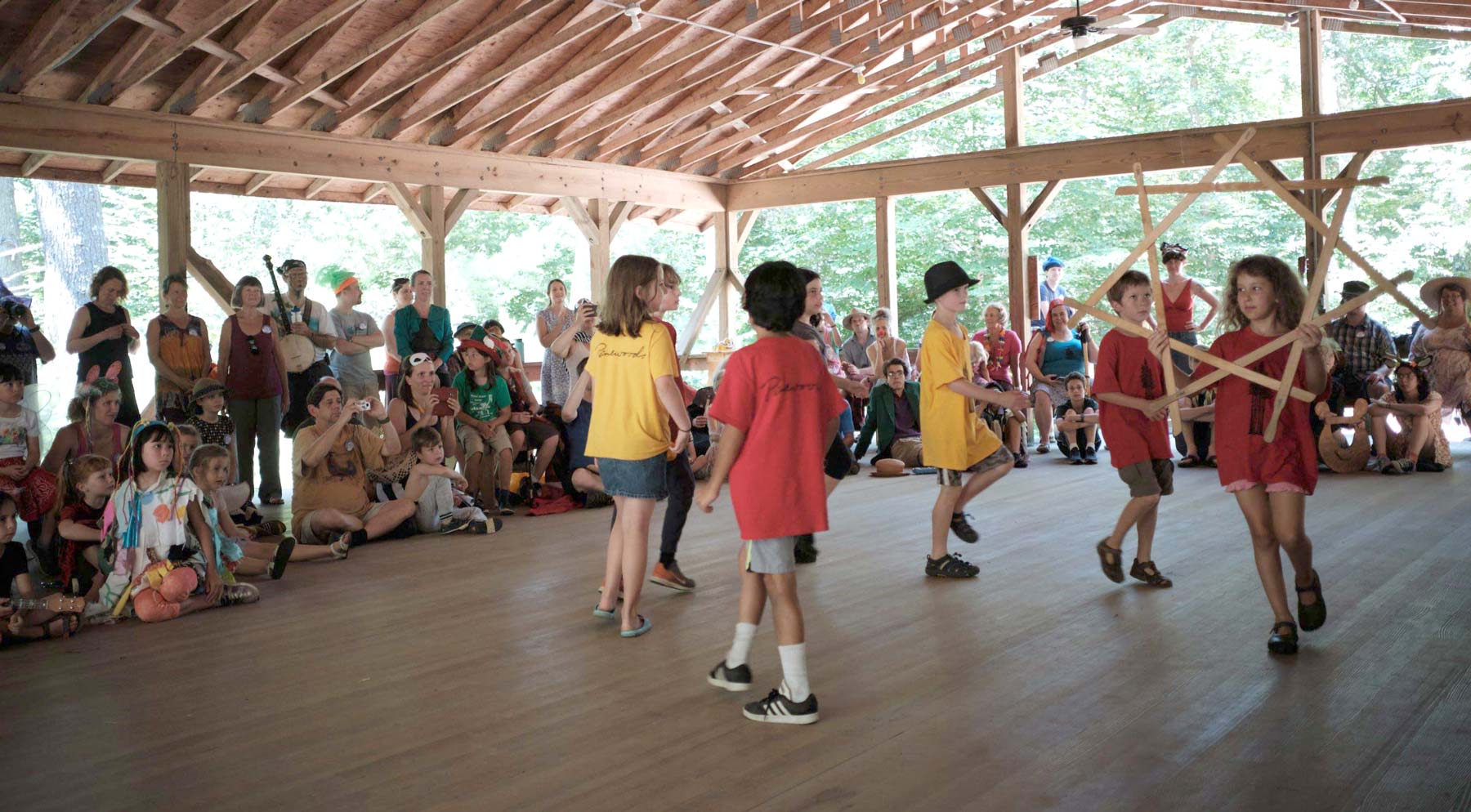
 Thanks to the Massachusetts Cultural Council for their generous support.
Thanks to the Massachusetts Cultural Council for their generous support.
 Isaac Banner
Isaac Banner Seth Tepfer
Seth Tepfer Christa Torrens
Christa Torrens Ellie Shogren
Ellie Shogren Sharon Green
Sharon Green Dilip Sequeira
Dilip Sequeira